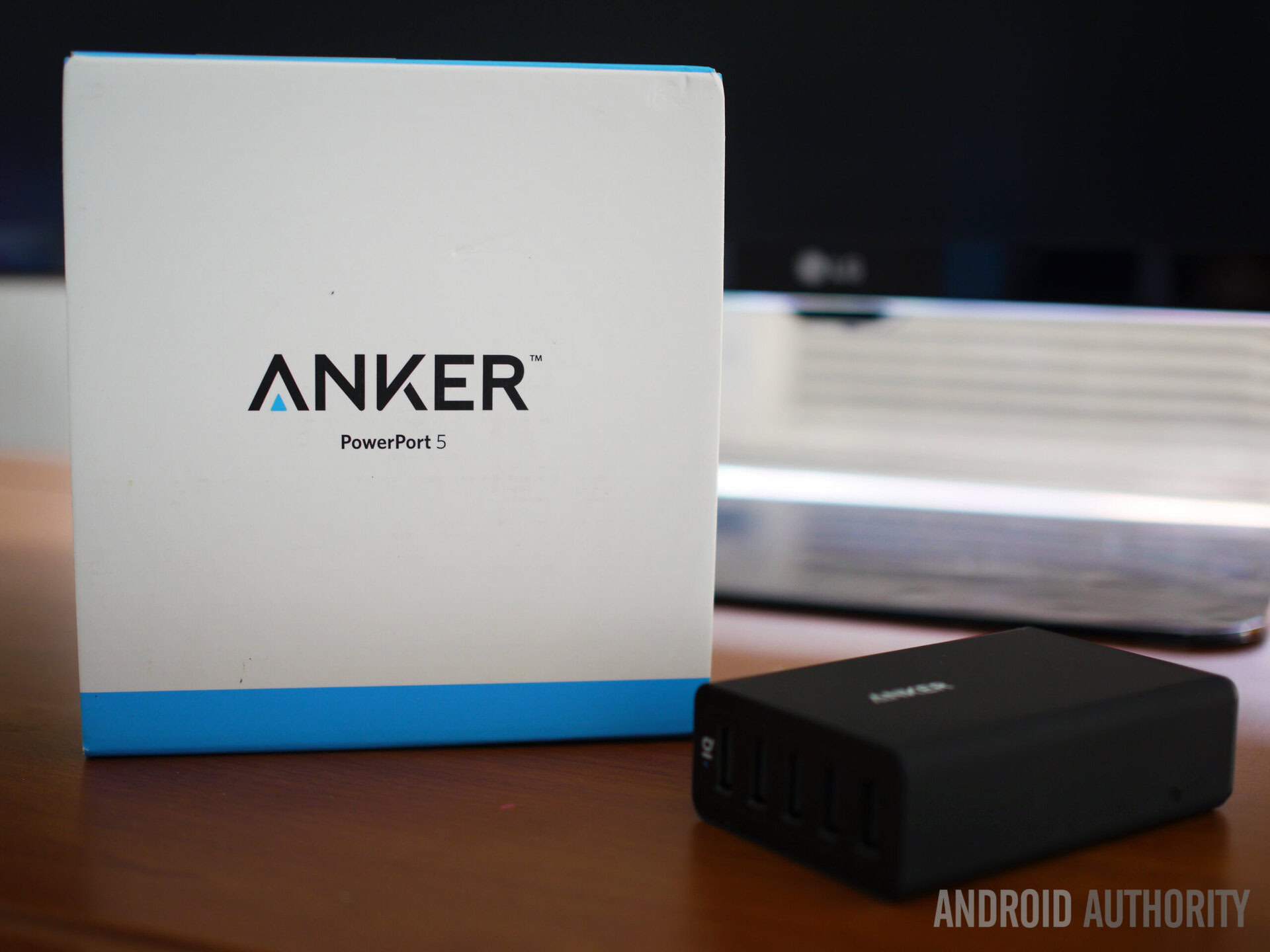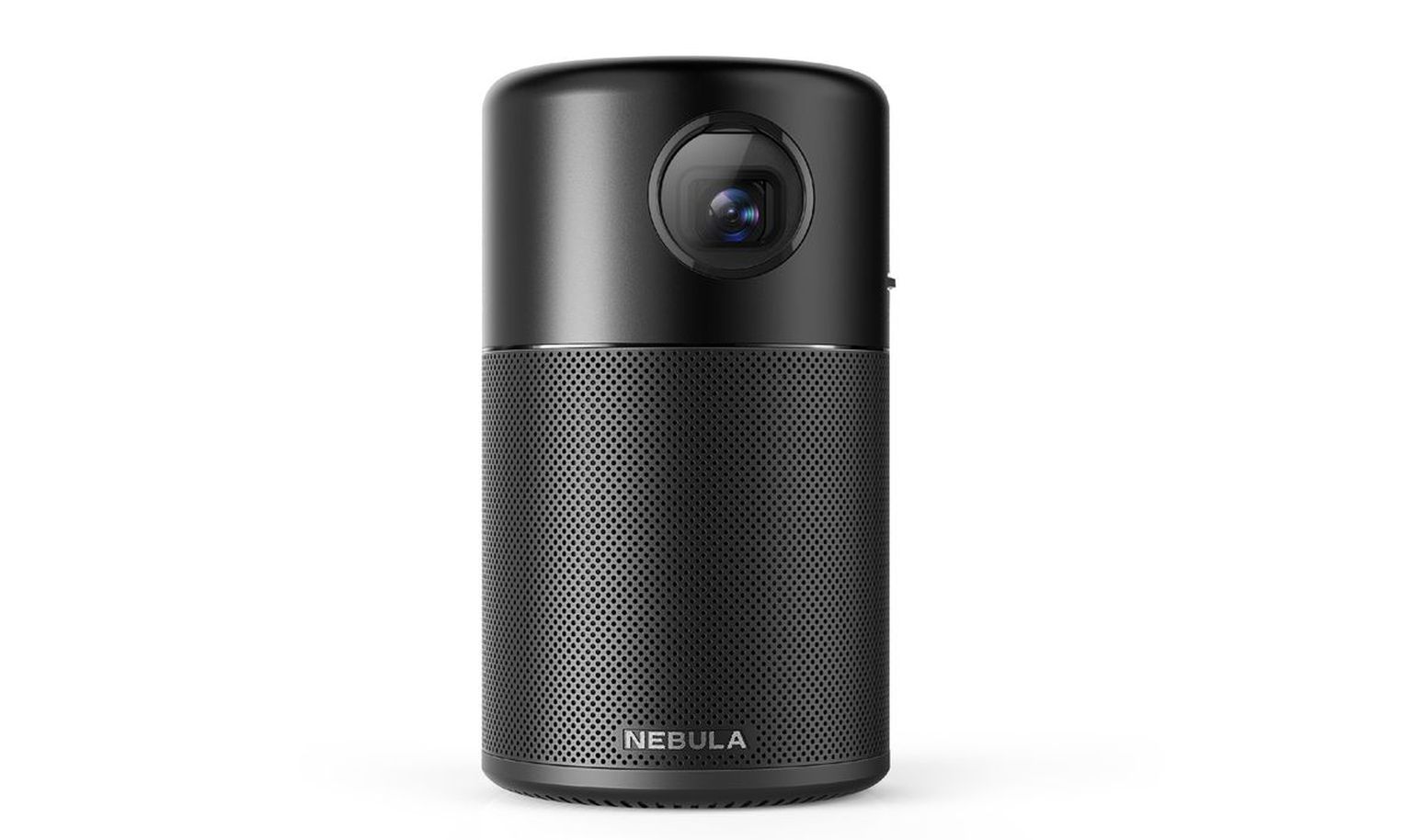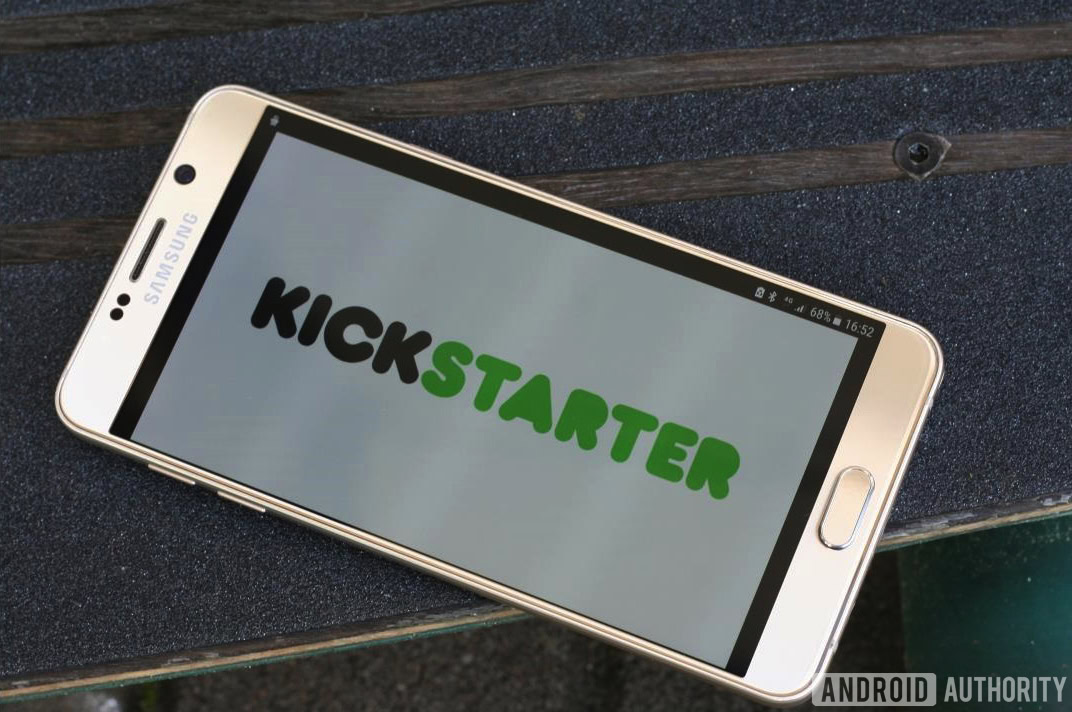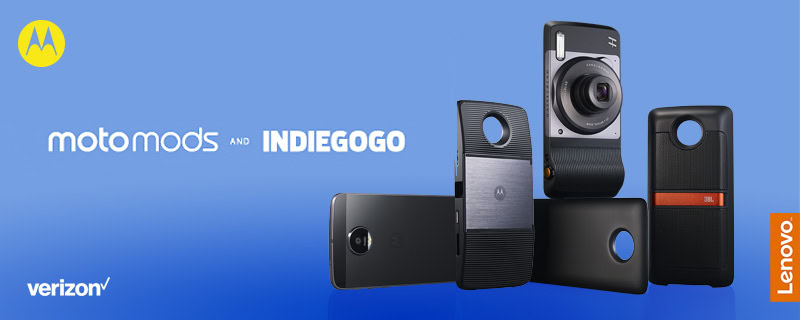Affiliate links on Android Authority may earn us a commission. Learn more.
It's not ok for billion-dollar companies to crowdfund

Crowdfunding has traditionally been a platform where the little guys go to get a leg up. Creators get the chance to share their ideas, and we’re able to do something positive if we like what we see. We chip in, take a little leap of faith, and maybe see something realised that wouldn’t have otherwise been possible.
But, what about when a large corporation steps in to get a slice?
Corporate greed at its finest
Very large corporations are now jumping into crowdfunding to push their latest ideas, and are being encouraged and assisted by the likes of Indiegogo along the way.
This isn’t a line in the sand moment, but it is a plea to use good sense and not give these companies money when they actually don’t need your help. Research and development is what profits are meant for.
It’s hard to put it down to any one crowdfunding project when there’s been so many over the years, but the Nebula Capsule really pushes my buttons.

It’s a credible-looking compact projector and speaker that runs Android so you can load up apps like Netflix. It’s affordable and has a decently sized battery to make it portable.
It looks a little underwhelming in the specs though. The battery only lasts 2.5 hours when playing a movie, and even worse, the resolution is set at 854×480 which is a low 480p. ‘The World’s Most Advanced Pocket Cinema’ doesn’t sound so advanced.
If this was three guys in college looking to try and get their prototype into the world, great. But this isn’t a start-up.
If this was three guys in college looking to try and get their prototype into the world, great. But this isn’t a start-up.
This is Anker, a company that is well-known for its excellent battery packs and high quality accessories. It’s a company founded by ex-Googlers that brings in hundreds of millions in revenue each year, mostly via Amazon.
This new ‘Nebula’ sub-brand is described as “Incubating with Anker“.
But Anker’s press release actually says: “Today, Anker Technology […] launched the Nebula Capsule on Indiegogo.”
Maybe what’s really incubating is a marketing campaign. Now, the company has foreseen some criticism and given a reason for using Indiegogo: “Most importantly, it’s a listening tool. Launching a new product by crowdfunding makes progress inseparable from backer support.”
The project updates thus far have been a mixture of toasting their own success, offering more accessories to buy, a new red model, and so on. There is one update made after this piece was first written about a remote control app being developed just in case you lose the physical remote, although not one backer comment requested that feature.
We asked Anker about these issues and the company stated that using Indiegogo allowed Nebula, which it describes as a “sister brand,” to “act with the agility and scrappiness of a lean startup.”
“Most consumer electronics companies pre-sell their products to a number of online and offline retailers. This approach gives them insight into key selling points of their product, pricing and even how many products they will need to produce to satisfy those orders,” said the company in an email statement.
“Modern crowdfunding is helping us really understand what features and functionality matter most to our global consumers,” reads the statement. “[it’s] also helping us better gauge the global demand for our products.”
“We thought [the Capsule] was a great idea, but until launching the Indiegogo campaign, we really didn’t know if that great idea would have a market. We now know it does.”
Anker is openly using Indiegogo to avoid risks and minimize their own market research costs. It’s clear if this continues to get traction, it won’t be the last company to try this approach. If crowdfunding lets them do business cheaper, they’ll keep doing it, regardless of how it reflects on the values of the platform.

Being asked to put money down for a product that hasn’t been finished, hasn’t been seen by tech sites, and that definitely doesn’t have any reviews, would normally sound crazy. But under the ‘scrappy’ approach, Nebula Anker can get away with it.
There’s been plenty of coverage of the concept, even with us, but not a single hands-on even of an early prototype. No sign if the 480p resolution will look underwhelming, or how good the battery life really is, or even how it sounds.
But this is really about what the point of crowdfunding is.

Just one part of a bigger problem
This certainly isn’t as bad as the dodgy stuff that got crowdfunding traction a few years ago. This isn’t like the completely impossible ‘Triton Artificial Gills’ (now removed) that definitely did not let you breathe underwater, or the infamous Laser Razor that was thrown off KickStarter but is now on Indiegogo, still promising it will come to market.
But billion-dollar companies crowdfunding still subverts the very principle of crowdfunding. Indiegogo says it pretty well on the company website: “Our mission is to empower people to unite around ideas that matter to them and together make those ideas come to life.”
It goes on: “We know building something from scratch is hard, so we’ve got your back with the expert support to take your project from concept to market—and every step in between.”
Crowdfunding might already be too far gone with shady stuff happening all the time.
The Nebula Capsule project only needs help from PR and marketing people evidently.
Back in early 2016, Indiegogo launched an “Enterprise Crowdfunding” initiative to help large companies experiment with new designs and ideas, all the while taking their usual five percent cut of revenue, of course.
The announcement was hot on the heels of working with GE Appliances to raise $2.7 million in launching the ‘Opal’ Nugget Ice Maker, a countertop flaked ice maker, which you can now buy for $499.
Despite making apparently tasty ice, the product had a less-than-stellar reception. Reviews felt it wasn’t made for the general public, weighing 44 pounds when empty, and made a considerable noise.
Worse, the campaign comments section shows backers complaining about leaks, even in replacement units they’d be sent.
The Anker Nebula Capsule has raised more than $500,000 (at the time of writing) from more than 2100 people. While that’s great news for backers, it creates more problems than it solves.
If this corporate crowdfunding ploy works we’re only going to see more of this kind of thing in future. Of all the things we need, we don’t need more of this.